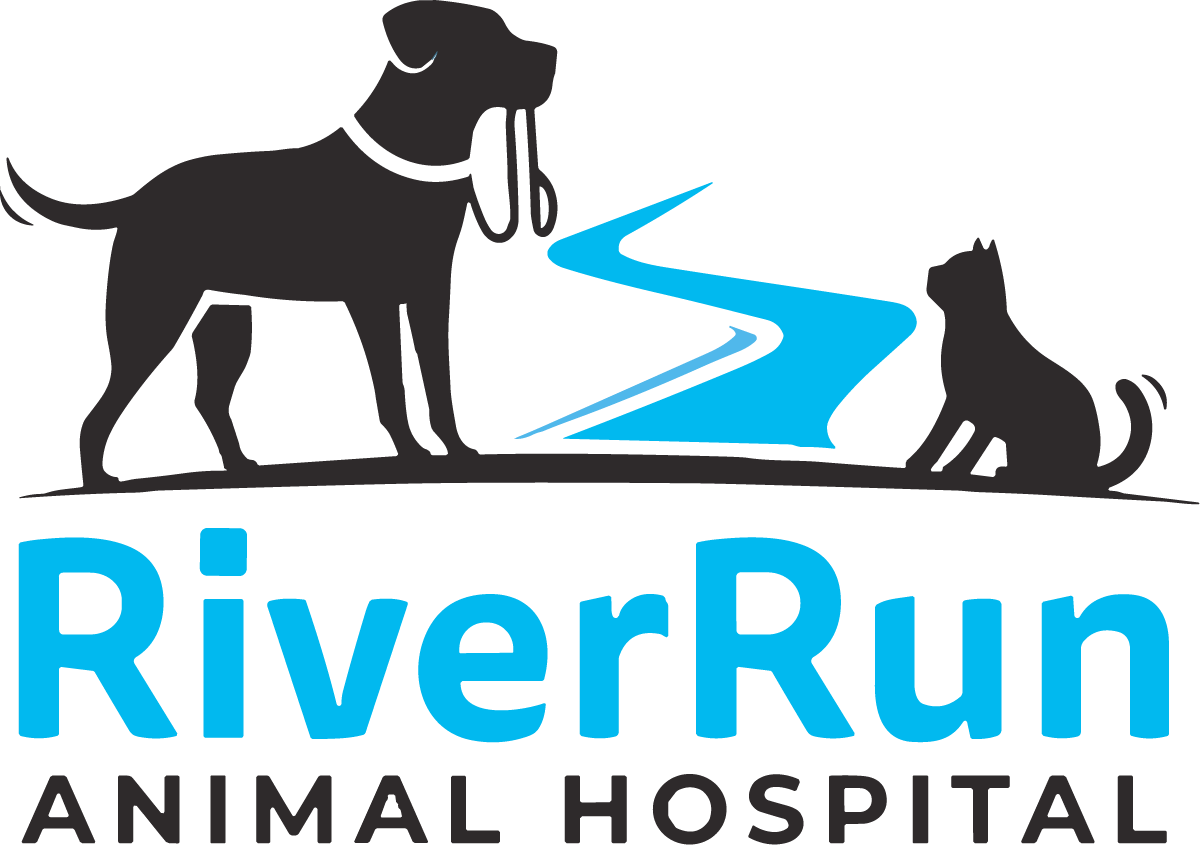Pet Microchipping in Charlotte, NC
Give your pet the best chance of being reunited with you if they’re ever lost. At River Run Animal Hospital, we offer safe, quick, and effective pet microchipping services, helping pet owners protect what matters most.
Permanent Pet Identification
Pet microchipping is a simple, permanent form of identification that can help bring lost pets home. A microchip is a tiny device—about the size of a grain of rice—implanted just beneath your pet’s skin, usually between the shoulder blades. Each microchip contains a unique ID number that can be read by a scanner at veterinary clinics, animal shelters, and animal control facilities.
The Microchipping Process
Our veterinarians and trained staff make the microchipping process quick, safe, and stress-free for your pet. Here’s what to expect:
- Scan for an existing chip – We first check to ensure your pet doesn’t already have a microchip.
- Prepare the microchip – The chip, about the size of a grain of rice, is loaded into a sterile applicator.
- Quick insertion – The chip is placed just beneath the skin, usually between the shoulder blades, in a process similar to a routine vaccine.
- Immediate scan – We scan the chip to confirm it’s working and properly registered to your pet.
- Registration assistance – We help you complete the chip registration so your contact information is linked to your pet.
Why Microchipping Is Important
According to the American Veterinary Medical Association, microchipped dogs are over twice as likely to be returned to their owners, and microchipped cats are more than 20 times as likely to be reunited. Without a permanent ID, even the most loved pets can be impossible to trace back to their families if they get lost.
Is It Painful for Pets?
Microchipping is a quick procedure that typically causes little discomfort for most pets. The sensation is similar to a routine vaccination—brief and over in seconds. However, as part of our Fear Free approach, we often recommend light sedation to minimize stress and ensure a calm experience. The ideal time for microchip implantation is during your pet’s spay or neuter procedure, when they are already under anesthesia.
Veterinary Services
Preventive Care
Spay & Neuter
Dental Care
Microchipping
Diagnostics
Emergency
Surgery
Grooming
Boarding
Geriatric Care
End-Of-Life Care




